
Google Search now lets you hide sponsored results
Anyone who has used Google Search will have at some point been frustrated by the appearance of “sponsored results” which are rarely of help. Google has apparently come to the sudden realization that tainting search results in this way is irritating, and is providing a way to quickly hide them.
The problem with “sponsored results” is that they are, essentially, advertisements. While much of Google’s money comes from advertising, inserting paid-for entries in search results has long felt disingenuous and misleading for users. Here is how things are changing.

Google adds new AI features to Search and Discover to help users find fresh content
Google has introduced two AI-powered features to help users stay connected with new and trending content across the web. The updates, available in Google Search and Discover, focus on giving people quick ways to explore stories, sports updates, and links from a wide range of sources.
The first feature expands Discover’s ability to show timely and relevant topics. Users will now see short previews that summarize trending subjects related to their interests that can be expanded to reveal more information and links.
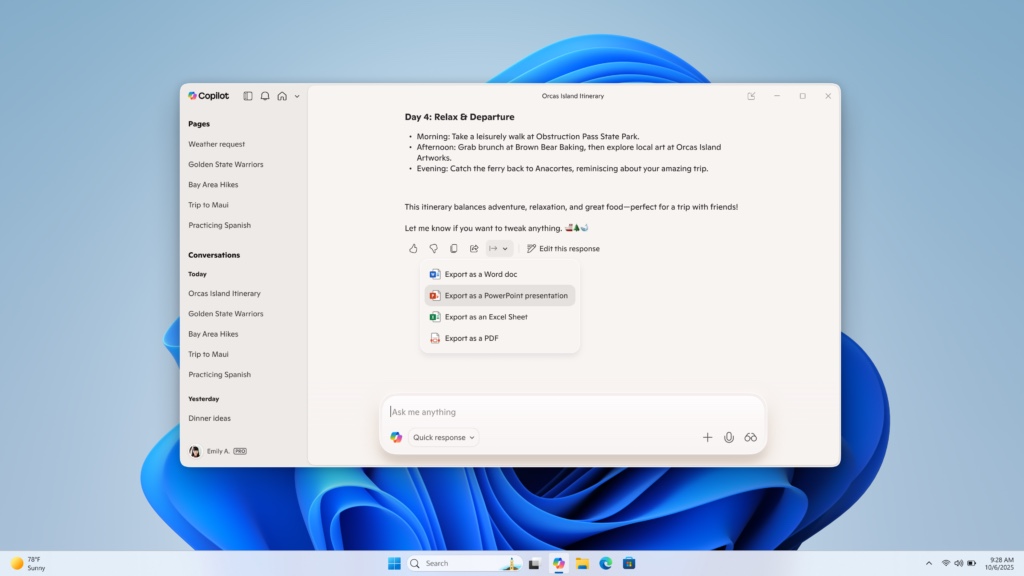
Microsoft updates Copilot on Windows with Google and Office integrations
Microsoft’s development of Copilot on Windows 11 continues, and the company has just released significant updates to Insiders which are likely to win it more fans. New connection cap abilities mean that it is possible to use Copilot in conjunction with various online services including Google Calendar and Outlook.
More than this, however, Microsoft has also added new document creation capabilities. Users are now able to quickly create a variety of documents from within their Copilot sessions, including Word, Excel, and PDF.
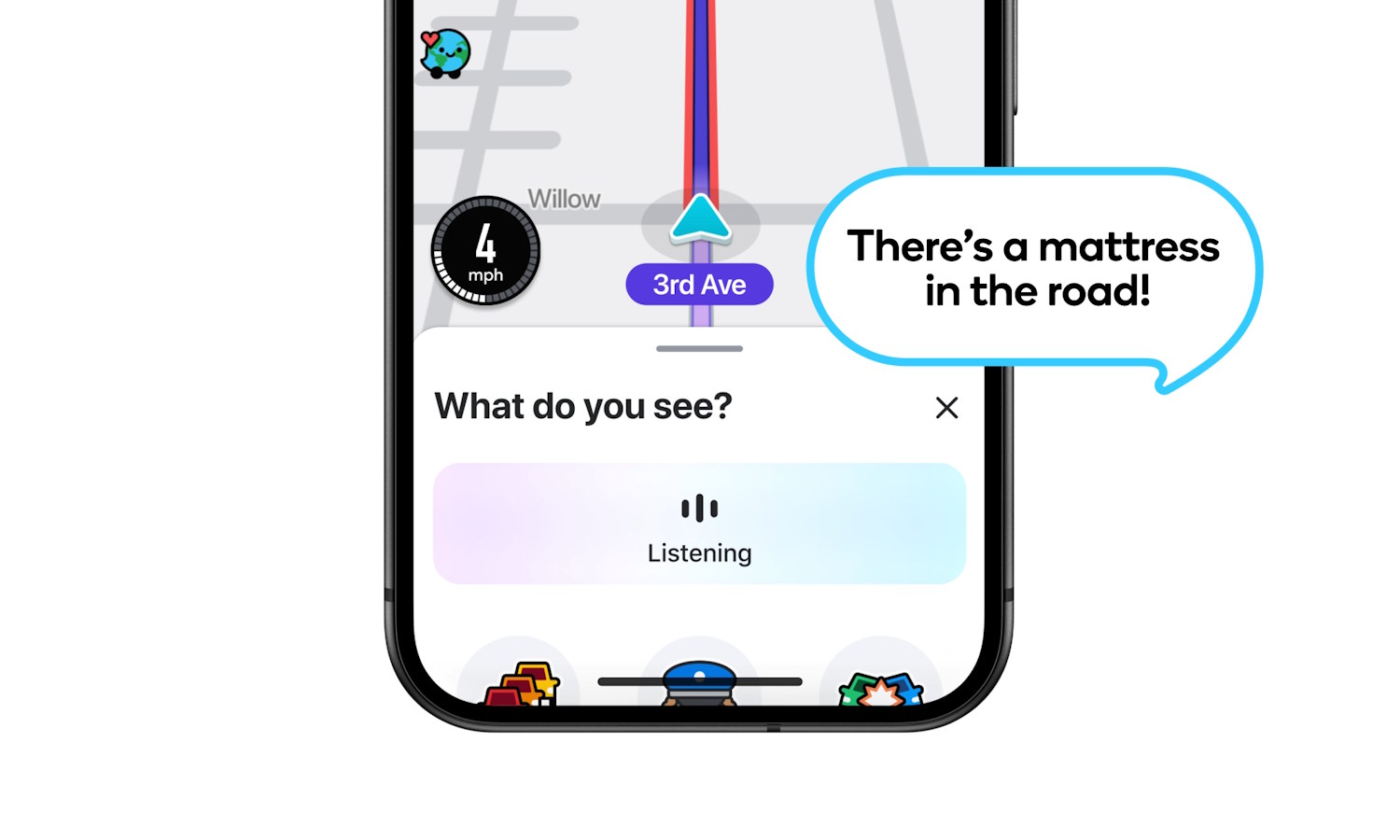
Waze is rolling out voice-controlled Conversational Reporting of hazards
Navigation tools such as Waze and Google Maps not only help you find a route from A to B, but also provide information about road closure, vehicle breakdowns, police in the area, and hazards on the road. With this last item being reliant on reports from road users, Waze has been investigating ways to make do so easier.
When you spot a hazard on the road and want to warn others, you have had to wait until you are able to stop to do so (safely, at least). Now Waze is rolling out a feature called Conversational Reporting which lets you use your voice – and a dash of AI – to let other road users know about what you have spotted.

Google builds new AI agent to improve code security
Google has released information on a new AI-powered agent that automatically improves code security by fixing critical software vulnerabilities.
CodeMender has been built over the past six months and the company has already upstreamed 72 security fixes to open source projects, including some as large as 4.5 million lines of code.
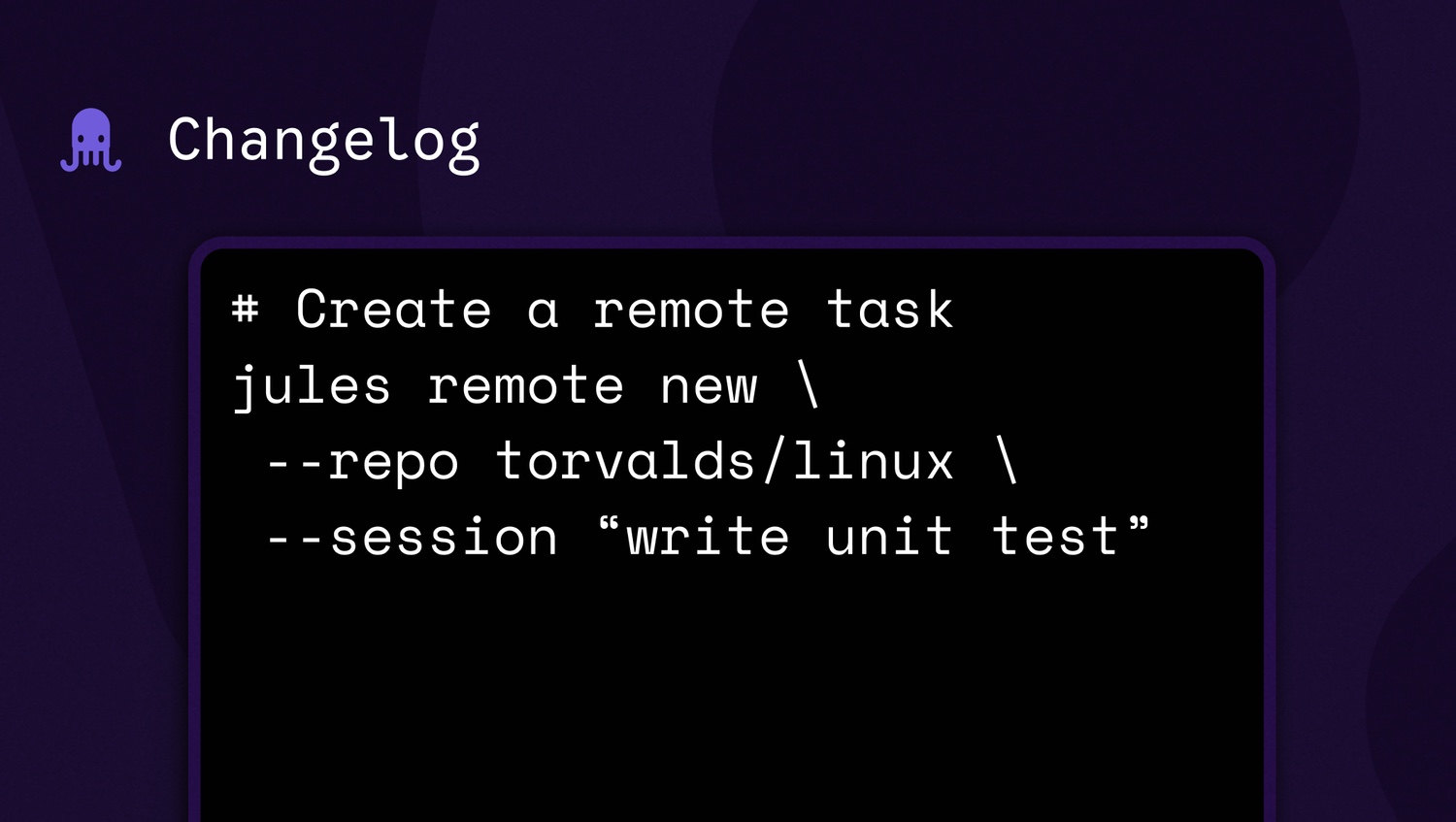
Google unveils Jules Tools, its AI command line coding tool
Anyone who thought command line tools were in danger of being consigned to the history books, Google’s unveiling of Jules Tools put pay to that idea.
For anyone not familiar with Google’s offerings, Jules Tools is a command line interface for its Jules asynchronous coding agent. Google is hardly setting a trend here – there are command line interfaces available for other AIs – but with Jules itself only having launched in December, the speed is a little surprising.
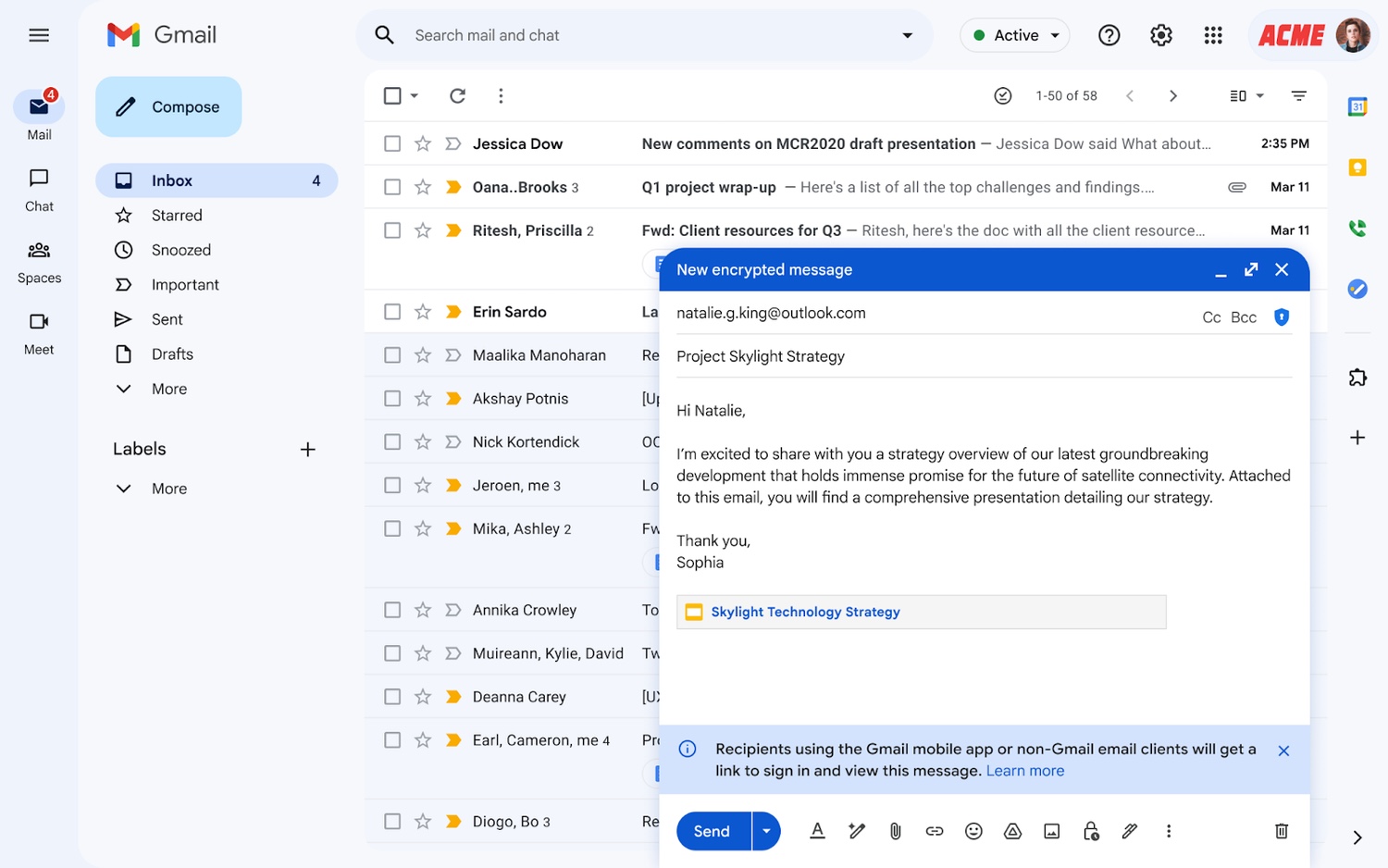
Gmail makes encrypted emails more useful for business users
Google has announced that it is now possible to send Gmail end-to-end encrypted emails to anyone. Until this change was introduced, E2E emailing was only supported between Gmail to Gmail communications.
But now email encryption is being opened up and made platform agnostic. While this means that encrypted emails can be sent to anyone, it is something that needs to be enabled, and there are a few things to keep in mind.
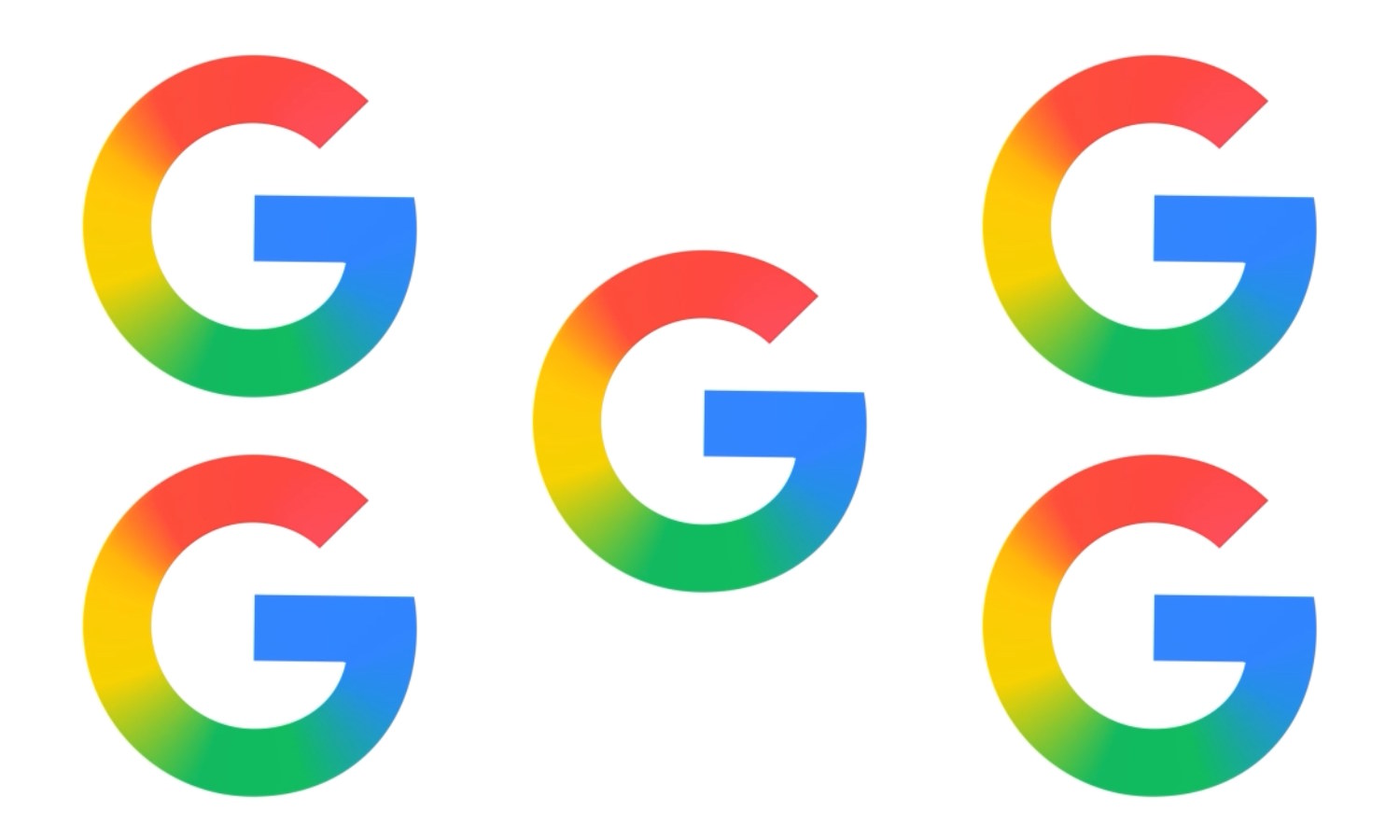
Google makes its new gradient G logo company-wide
It is a little while since Google first started to use an updated version of its colorful G logo. The design revamp saw the company moving away from the four colored blocks of color towards something with more flow.
The graduated look of the G was introduced with little in the way of fanfare, and quite what Google had planned was not clear. Now, having seemingly tested the waters by trying out the new look in a limited number of places, the company is ready to use it more extensively.

YouTube finally lets you hide recommendations at the end of videos
There is a lot to feel frustrated about in relation to YouTube, but Google has announced a change that helps to squash one of its annoyances.
While in-video ads are becoming increasingly difficult to avoid – short of paying for the privilege – there is now a way to hide “end screens”. These short snippets at the end of the video you have just watched are a form of advertising used by creators to promote their other content.
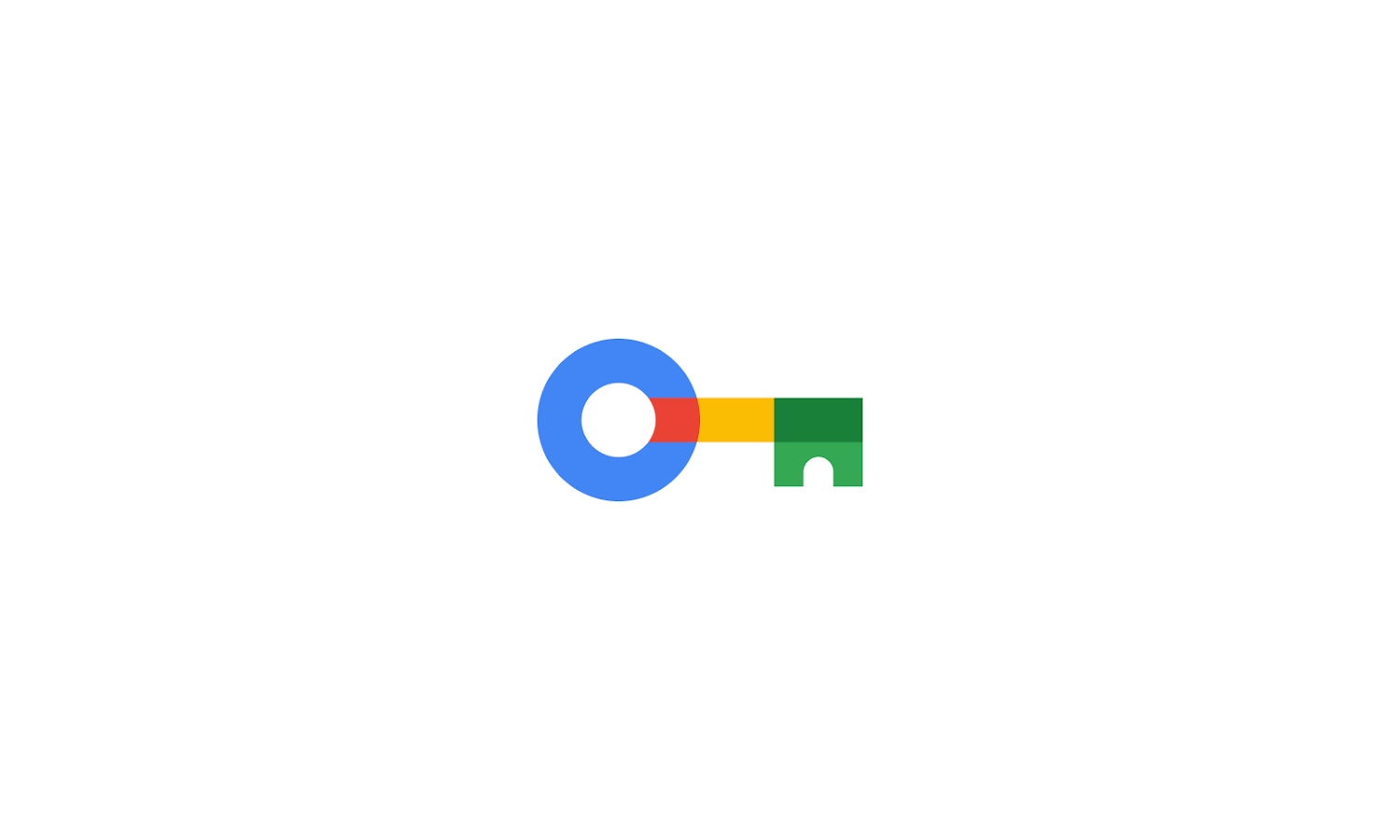
Google tests automated switching from passwords to passkeys
The move from passwords to passkeys is making gradual progress, and Google is among the companies pushing to encourage people to make the switch. Now there are signs that things are being taken up a notch.
Hidden away in the most recent Canary build of Chrome, Google is testing a flag which, when enabled, will automatically convert saved passwords into passkeys when logging into a site or service.

Google is turning Chrome into an AI web browser powered by Gemini
Google’s love affair with AI shows no signs of burning out, and the company has just announced even deeper integration of Gemini into Chrome.
Billed as a reimagining of the web browser with artificial intelligence, Google says this is about more than just bringing more AI smarts to the humble web browser. The company says that the addition of Gemini-powered features will not only help to make users more productive, but will also keep them safer. Bold claims.
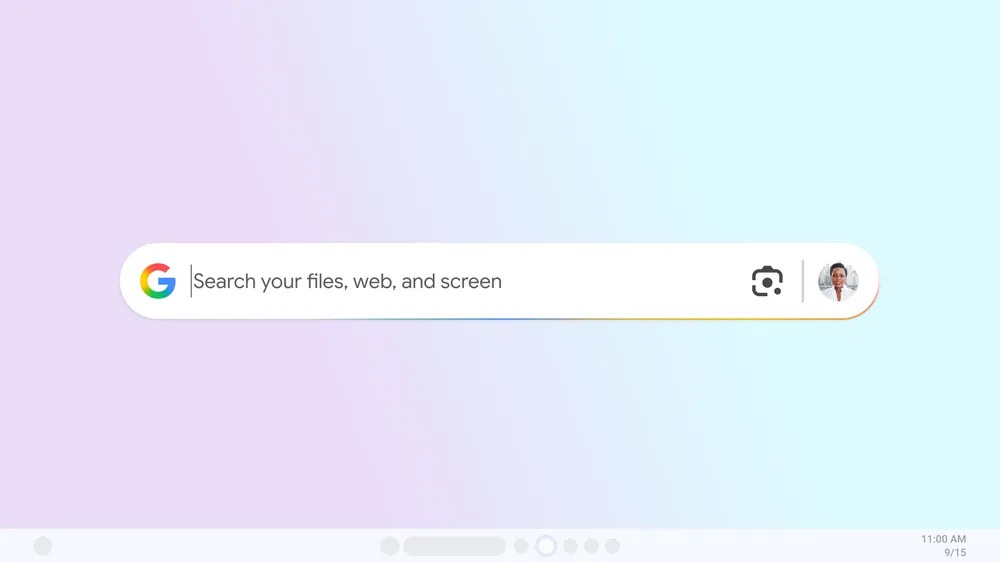
Google launches experimental Windows search tool app
Google has launched a new search app for Windows 11 which is already being likened to the Spotlight found in macOS. There is also Windows 10 support, but this may not be the case for very much longer given the operating system’s days are numbered.
This is a wide-ranging search tool, and, despite Google’s heritage, it is not limited to searching the web – although it does do this. Using a simple keyboard shortcut that works from anywhere (it is Alt + Space, if you are interested) the app can be used to search files stored locally, those in Google Drive, your apps, and more.
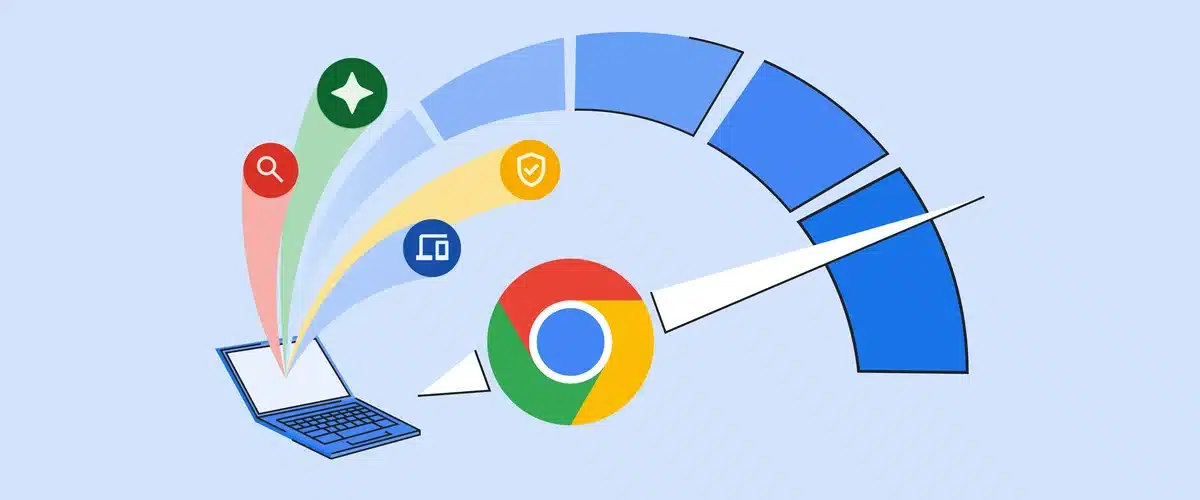
Chrome prefetching will make your browsing seem faster – even if it’s not
Can your online experience ever be fast enough? Probably not. And this is why Google is taking steps to speed up Chrome – or at least to make the browser feel as though it is faster.
The company is testing a method of loading pages in the background before they are needed so the experience of a page appearing is faster. Currently in testing is an optional feature called prefetching which works much as you might expect it to.

Google tests fingerprinting block to boost Chrome Incognito Mode privacy
Every web browser has a browsing mode designed to be more private; in Chrome, it is Incognito Mode. But while switching to this mode can help with improving privacy at a local level, it is not flawless when it comes to blocking external privacy invasions.
Tackling the problem of websites using invisible images to track visitors who have cookies disabled, Google is currently testing a new method of making Incognito Mode more secure and private.

Google explains Gemini Apps limits and upgrades for Google AI subscribers
There is much to get frustrated about in relation to AI, not least of which is that there are so many AI tools to choose from. But there is also the fact that each AI app and service has its own limitations, and it can be difficult – or impossible – to know what these limits are until you hit them.
It has been this way with Google Gemini. Google has, until now, been a little fuzzy when it comes to telling users about limits. Being told that the company “may have to cap how much you can use some features” is not very helpful, certainly not very specific. But now Google has published much more detailed information to help users know where they stand.
